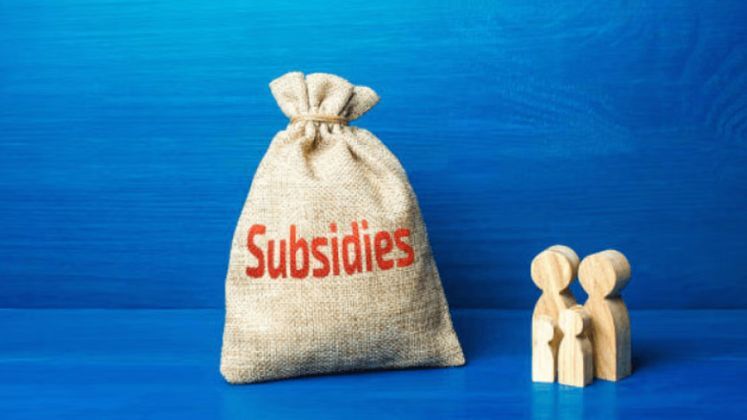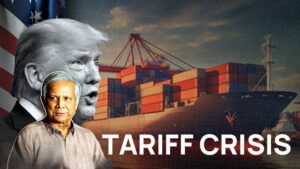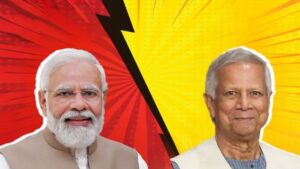
Economists have called for a re-evaluation of Bangladesh’s current subsidy policies, particularly criticising the government’s extensive support to non-readymade garment (non-RMG) sectors, which they argue are economically inefficient and place unnecessary strain on public finances.
During a presentation at the Policy Research Institute of Bangladesh (PRI) on Thursday, Zaidi Sattar, chairman of the PRI, highlighted that despite generous subsidies and high tariff protections, non-RMG industries have shown little significant growth.
The analysis, part of the newly launched Monthly Macroeconomic Insights (MMI) initiative supported by Australia’s Department of Foreign Affairs and Trade, revealed that Bangladesh’s merchandise exports reached US $ 48.36 billion in FY 2024-25, reflecting an 8.6% year-on-year increase. RMG exports accounted for the majority at US $ 39.34 billion, up 8.8%, while non-RMG exports grew modestly by 7.4% to US $ 8.94 billion.
Currently, Bangladesh offers up to 15% cash subsidies on exports. However, Sattar pointed out that non-RMG sectors already benefit from substantial indirect subsidies through import substitution policies that reduce foreign competition, rendering export incentives less necessary. Furthermore, nearly half of the cash subsidies are directed toward exports and remittances, sectors that have already gained from a 40% appreciation of the local currency since May 2022.
The total subsidy budget for FY 2024-25 has surged to Taka 322.3 billion, a 43.8% increase from the previous year. Agriculture received the largest share at Taka 170 billion, constituting 2.28% of the national budget and 0.3% of GDP, marking a 107% rise year-on-year. Export incentives received Taka 78.3 billion, increasing by 5.8%.
Sattar emphasised that such subsidies, along with protective tariffs, should be time-bound and performance-based, urging Bangladesh to begin phasing them out ahead of its graduation from Least Developed Country (LDC) status.
He also noted that with recent improvements in foreign exchange reserves, the country should relax import restrictions, allowing market forces and exchange rates to determine import levels, aligning with the policy adopted by Bangladesh Bank.
In macroeconomic developments, Ashikur Rahman, principal economist at PRI, reported that the National Board of Revenue (NBR) collected Taka 487.7 billion in June 2025 — a 24% increase from May but a 16.3% decline compared to the same month last year. Bangladesh continues to struggle with meeting its revenue collection targets for the 13th consecutive year, Rahman noted, emphasising that genuine reforms are inherently disruptive but necessary for long-term stability.
Former NBR chairman Muhammad Abdul Mazid highlighted Bangladesh’s limited fiscal space as a major challenge, pointing to a low tax-to-GDP ratio, weak debt management, and rising public borrowing that discourages private investment.
Meanwhile, BNP standing committee member Abul Moyeen Khan stressed that reforms must be inclusive and transparent. “Restoring public trust through transparency, accountability, and free elections is essential for building a strong economy,” he asserted.
Experts agree that Bangladesh’s path forward hinges on political will and sustained reform efforts to ensure economic resilience and social stability as the country approaches its LDC graduation.






